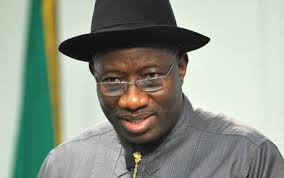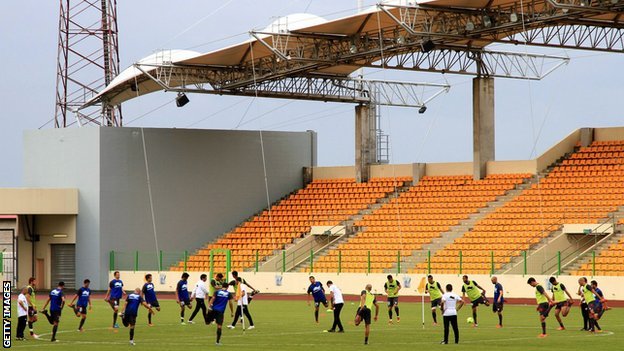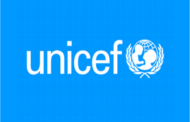After tough reception on Ukraine, Putin leaves G-20 summit early
Moscow • Citing a long flight home and the need to catch a few hours of sleep, Russian President Vladimir Putin departed the Group of 20 summit in Australia early Sunday, after fielding a barrage of criticism from Western leaders over Russia’s involvement in Ukraine.
President Barack Obama said Sunday that the West would maintain sanctions against Russia for having “not abided by the spirit or the letter” of a cease-fire agreement in Ukraine, while stopping just short of directly accusing Putin of having invaded Russia’s beleaguered neighbor.
The United States is “very firm on the need to uphold core international principles,” Obama said at a news conference, “and one of those principles is that you don’t invade other countries or finance proxies and support them in ways that break up a country that has mechanisms for democratic elections.”
British Prime Minister David Cameron said world leaders sent Putin a “very clear message” that “If he continues to destabilize Ukraine, there’ll be further sanctions, further measures.”
Canadian Prime Minister Stephen Harper had greeted Putin on Saturday with a simple admonition — “You need to get out of Ukraine” — according to a Harper spokesman.
Putin shrugged off suggestions that he had felt pressured by any of the world leaders who had challenged him on Ukraine and encouraged reporters not to speculate as to why he was leaving early, beyond wanting to be ready for work in Moscow on Monday. (Obama’s trip home to Washington by way of Honolulu was 500 miles longer than Putin’s to Vladivostok and Moscow.)
But the tense G-20 exchanges — “businesslike and blunt,” as Obama characterized his meeting with Putin — highlighted how the divide between Russia and the West is becoming all but entrenched.
At the heart of the standoff is Russia’s continued involvement in the months-long conflict between pro-Russian separatists and the Ukrainian army in eastern Ukraine, during which more than 4,000 people have died, including 298 passengers and crew of Malaysia Airlines Flight 17, which crashed over eastern Ukraine in July.
Dutch investigators and officials from the Organization for Security and Cooperation in Europe began collecting and transferring plane fragments from the wreckage site on Sunday. The fragments are being sent from the crash area in the Donetsk region to the government-controlled eastern Ukrainian city of Kharkiv for further examination.
The United States and the European Union have imposed several rounds of sanctions against Russia over Ukraine, beginning when Russia moved to annex Crimea and increasing in the wake of the MH17 crash.
The United States and the European Union have pegged any rollback of sanctions on Russia living up to the terms of a tenuous cease-fire agreement struck on Sept. 5. But in the past week, NATO accused Russia of taking definite steps in the opposite direction by sending troops, weapons and military vehicles over the Ukrainian border.
Russia denies it is involved in the Ukrainian conflict. Putin told Canada’s Harper that, “unfortunately, it is impossible” to get out of Ukraine “because we are not there,” said the Kremlin press chief, Dmitry Peskov, according to the Russian news service Interfax.
Yet Western leaders do not appear to be swayed by Putin’s denials. At the G-20 they discussed potential avenues to expand sanctions against Russia, though Obama seemed satisfied with the current plan, saying the sanctions in place were “biting plenty good.”
If Russia changes course on Ukraine, Obama said, “then I will be the first to suggest that we roll back the sanctions that frankly are having a devastating effect on the Russian economy.”
But if not, he added, “then the isolation that Russia is currently experiencing will continue.”












